What to do if you’re being triangulated
Triangulation is a tactic or process used to avoid confrontation by communicating with a third party instead of directly communicating with the person you’re having a conflict with.
Triangulation is not always inherently good or bad, it can be a useful tool for diffusing anxiety within highly reactivate relationships. Bringing a neutral, grounded, third party into a conflict can sometimes be helpful or supportive in the right context. Therapists are often triangulated between couples in couples counseling, and when done with awareness can be a useful tool in supporting communication. However, when it is done unconsciously or as a manipulation tactic, bringing a third party into a conflict is a drain on the person who is being triangulated and it ultimately does not solve the problem between the people who need to communicate directly with each other.
For example, if I am upset with my best friend, and instead of speaking to her directly about it, I go to a mutual friend about it, the mutual friend is being triangulated between the two of us. This helps me reduce my own anxiety, but now I’ve put this mutual friend in the middle of a conflict that doesn’t involve her. This generates tension between her and my best friend, and now she has to do extra emotional labor.
The worst part of this dynamic is that the problem doesn’t actually get solved between the parties who originated it. Triangulation can help each party feel a little more grounded that there are “people on their side,” but in the long run it creates a culture of distrust, lack of felt sense of safety, and ultimately takes advantage of those being triangulated. In the end, nothing actually gets solved, and a lot more stress, anxiety, and damage is done to the community along the way.
Before you get sucked into other people’s conflicts, it may be worth pausing and asking yourself some of these questions:
Do I have space to participate in this?
Am I being asked permission, or is someone acting entitled to my time, energy, and emotional labor?
Am I in a state of fight or flight mode here?
Is this decision to be involved a reaction or a response on my part?
What is my relationship to the people involved?
Does it feel safe to ask questions?
Some ways to respond to someone who is trying to triangulate you:
“I would love to support you in processing this after you’ve addressed it with them directly.”
“I’m not going to get involved, but I want you to know I love you and I’m sorry you’re having to go through this difficult situation.”
“Thank you for trusting me with this, but I don’t have the emotional space to help.”
“I can see that you’re needing support right now. I can’t participate in this conflict. Is there another way I can support you?”
**This does not apply to situations of abuse where someone is asking for support or help getting safe.
